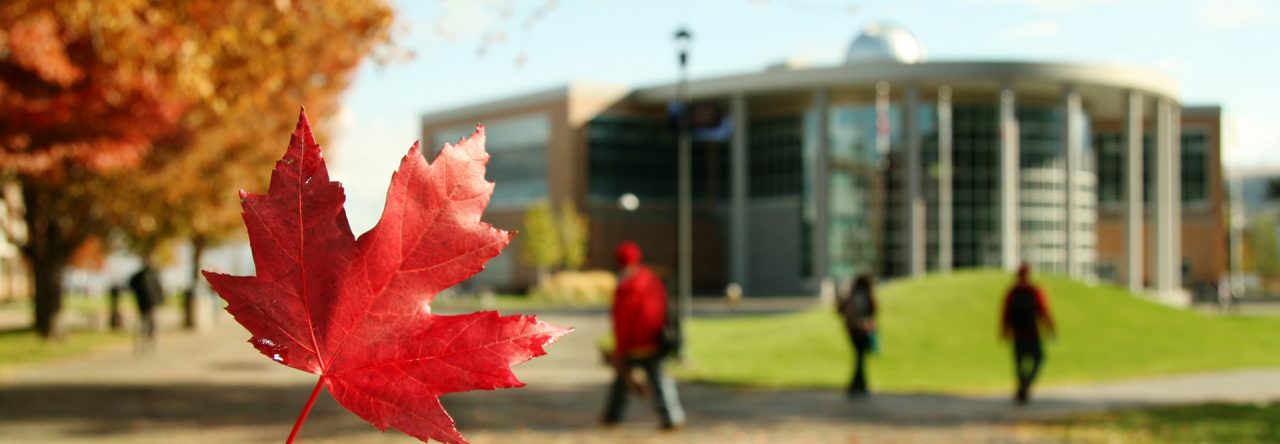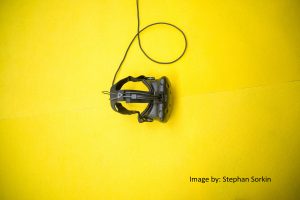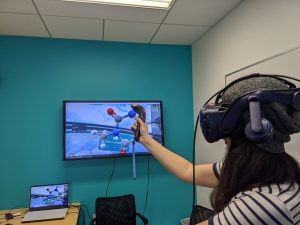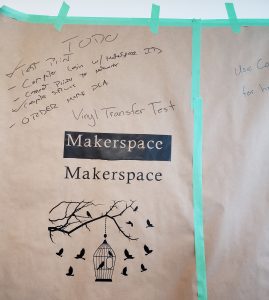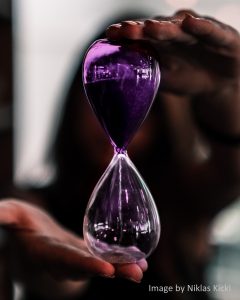 by Carolyn Ives
by Carolyn Ives
Part of the reason I decided to return to Thompson Rivers University after a nearly 10-year absence has to do with values: I believe TRU’s explicit commitment to equity, inclusion, and diversity closely match my own ethical stance about teaching and learning. In an institution that values student access above the elitism apparent at some other universities, teaching well is paramount. Who wouldn’t want to work in a teaching and learning centre that could help faculty achieve their big dreams about reaching as many students as possible? And since arriving a year and a half ago, I have not been disappointed. Faculty here value teaching and learning, and most go above and beyond to support students.
The recent shift to alternative forms of delivery (remote, distance, online) has been a bit of a mixed bag in terms of student support. On one hand, this shift has the potential to allow students extra flexibility about when they log in, access materials, engage in discussion and activities, and complete assignments and exams; on the other hand, though, it can also marginalize students who face limited internet access, limited working space, language barriers, and other learning challenges. It can also lead to extra work for both students and instructors when assessments have to be changed to accommodate an online environment. Furthermore, a crisis can serve to magnify already present classroom dynamics and reveal whether an instructor perceives their students as allies or adversaries. If they are allies, as Kevin Gannon in his book Radical Hope: A Teaching Manifesto (2020) reminds us, we have to demonstrate to them—not simply tell them—that we trust them fully. If we don’t, then we are telling students that we do not trust them, that they are our adversaries.
How do we unknowingly signal to students that we are suspicious of them? We do this, perhaps unintentionally, by opting for heightened measures of surveillance in our new remote classrooms for the purposes of academic integrity, by insisting on very limited time frames for online testing, by failing to acknowledge the stressful situations many of our students may be in—including being ill or looking after someone who is, losing their jobs, and not having sufficient working space—and by failing to acknowledge their humanity, or our own. Conversely, by being flexible, especially now in a less than ideal learning environment, we can signal to students that we are on their side, that we know they are doing their best, that we trust them. And why shouldn’t we? It’s not likely any student comes to university with the intention of failing, cheating, or dropping out. Research shows that if we believe in students and communicate that belief to them, they will rise to the occasion (Weimer, 2013; Bain 2004).
So in light of the current COVID-19 crisis, let’s try to be flexible and kind to our students and ourselves and accept we are all doing the best that we can. If you find yourself needing support in terms of creating alternative assessments that don’t increase work or stress for you or students, facilitating good online discussion, or supporting students who are struggling, please reach out to us in Centre for Excellence in Learning & Teaching (CELT). Our goal is to help you reach yours.
References
Bain, K. (2004). What the best college teachers do. Harvard University Press
Gannon, K.M. (2020). Radical hope: A teaching manifesto. West Virginia University Press.
Weimer, M. (2013). Learner-centered teaching: Five key changes to practice (2 edition). Jossey-Bass.
